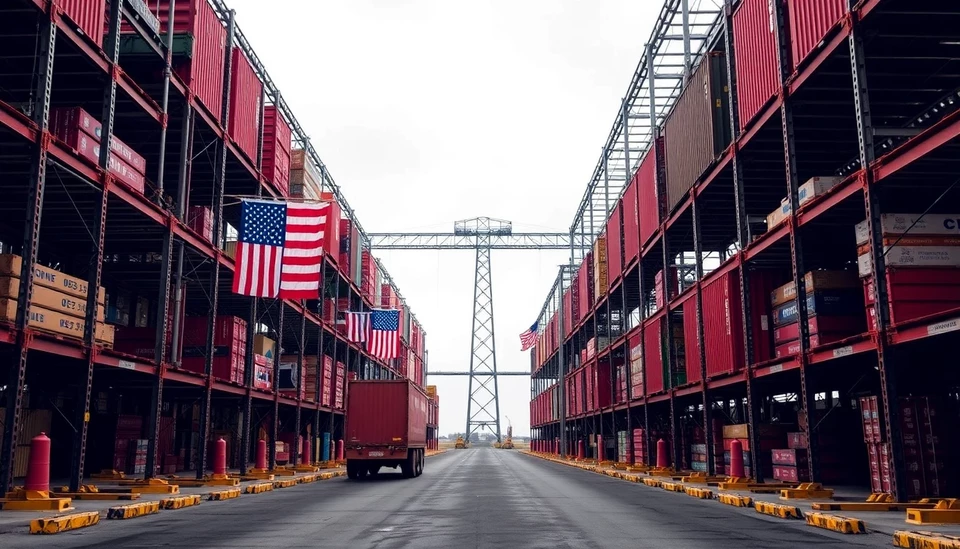
In the latest developments surrounding U.S. tariffs and international trade, former President Donald Trump has signaled a potential change in his approach to supply chains should he regain the presidency in 2024. His recent statements highlight a commitment to re-evaluating and potentially restructuring tariffs imposed during his previous administration, particularly those impacting the manufacturing and agricultural sectors.
Trump's focus is primarily on reducing dependence on foreign suppliers, especially from China. His administration had implemented significant tariffs in an effort to promote American manufacturing and reduce the trade deficit. However, the ongoing complexities of global supply chains brought on by the pandemic and geopolitical tensions have created a dilemma for U.S. businesses that rely heavily on international components and materials.
In recent rallies and interviews, Trump has emphasized the necessity of "America First" policies, which would involve reassessing and possibly removing tariffs that he considers detrimental to domestic industries. He argues that current tariffs have made certain goods expensive and have added undue burdens on American consumers, leading to inflationary pressures. This stance resonates with many voters who are feeling the pinch of rising prices.
Industry analysts are closely monitoring the implications of Trump's tariff strategy on supply chains. Many experts believe a shift in trade policy could lead to short-term disruptions as companies scramble to adapt to new regulations. Manufacturing and agricultural leaders express a sense of cautious optimism, hoping that a favorable tariff regime will enhance competitiveness in global markets.
However, experts also warn that removing tariffs without a comprehensive strategy could expose American industries to the risk of increased imports from China, potentially harming the domestic market in the long run. This delicate balance between protecting American interests and keeping prices manageable for consumers remains a contentious topic in political discourse.
The upcoming election will inevitably keep the spotlight on Trump's trade policies and how they shape the future of U.S. supply chains. As voters weigh their options in the political landscape, the effects of tariffs on their daily lives may become a pivotal aspect of their decision-making process.
With the holiday season approaching and supply chain disruptions continuing to affect availability and pricing, both Trump and his opponents will need to articulate their visions clearly. Voters are increasingly aware that trade policy has significant repercussions for their wallets and jobs.
As 2024 approaches, the conversations around tariffs, supply chains, and the economy are expected to intensify, making it clear that these issues will be central to the electoral debates ahead.
In summary, Trump's remarks about a tariff reevaluation have sparked substantial discussion regarding the direction of U.S. supply chains, consumer prices, and the broader implications for American industry. The resolution of these issues will play a crucial role in shaping the economic landscape as the new year unfolds.
#Trump #Tariffs #SupplyChains #Economy #TradePolicy #2024Elections #Manufacturing #Inflation
Author: Laura Mitchell




